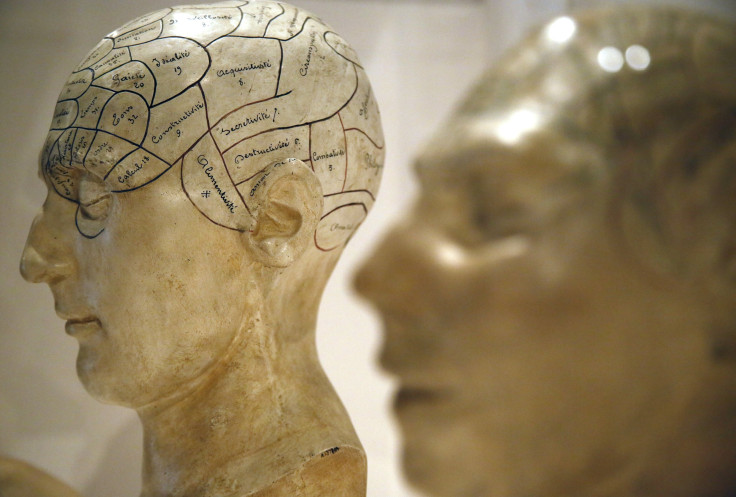Indiana Man Arrested For Selling Stolen Brains On eBay

One thrifty Indiana thief tapped into his local medical history museum to earn some quick money selling some stomach-churning items.
USA Today reports that 21-year-old David Charles is accused of stealing numerous jars containing human brains and other body tissues from the Indiana Medical History Museum. The museum was once Central State Hospital, which cared for patients with mental and psychiatric disorders.
Police had been investigating break-ins at the facility, but remained unable to pinpoint a suspect. Then authorities received a phone call from an eBay buyer in San Diego that ended up exposing Charles' crimes.
The caller informed officers that something was off about the jars of antique human tissue he had purchased online. Police then tracked the purchase to an eBay seller who revealed the man who had been responsible for gathering the brains. To nab Charles, police had the eBay buyer schedule a meeting with him, with the buyer claiming he wanted to purchase additional brains. Once the transaction was complete, officers arrested Charles and charged him theft, marijuana possession and paraphernalia possession.
© Copyright IBTimes 2024. All rights reserved.












